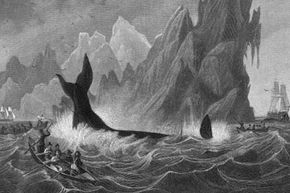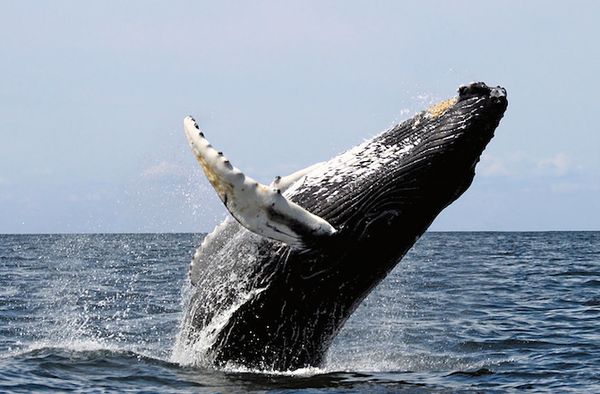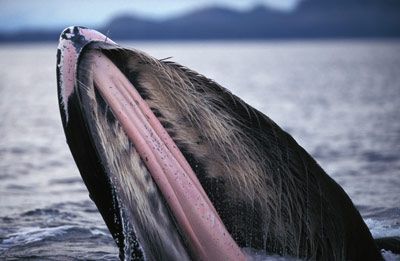Few issues get people more riled up than politics, religion or sports. But the longstanding clash that's evolved over the years about the right to hunt and kill whales -- or the right to stop those who do -- comes close.
Men have been hunting and killing whales, or whaling, for centuries. Early whalers started hunting for survival, but their motivation may have changed once there was good money to be made from their catches. Those days are gone.
Advertisement
Whaling for profit has been banned since 1986, but whaling for scientific research is still allowed in certain areas. This exception incites strong opposition among anti-whaling groups, including the Sea Shepherd Conservation Society and Greenpeace USA. The organizations accuse countries such as Japan of skirting a global law that has prohibited commercial whaling for more than two decades. In addition, conservationists say whaling is the reason that some whale populations have reached the brink of extinction and have had trouble regaining their numbers.
This article will take a look at the history and evolution of whaling, the impact it has had on the species and the ongoing battle to enforce the International Whaling Commission's (IWC's) ban on commercial whaling.
Now let's take a look at why whales -- the world's largest mammals -- were hunted in the first place.


